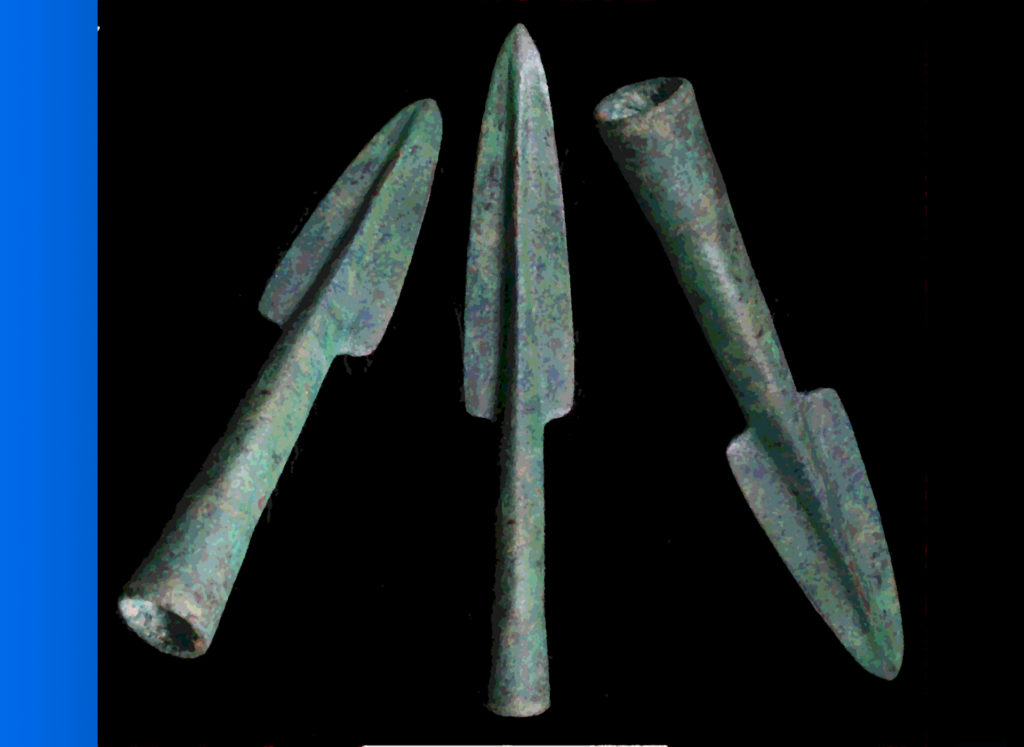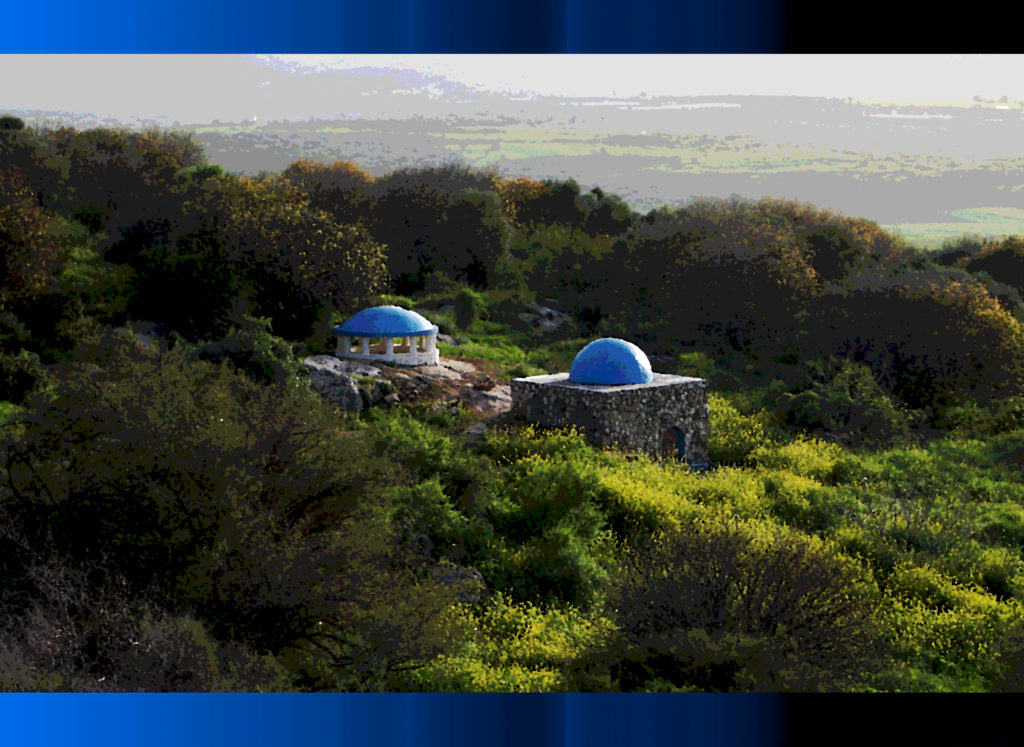
(3-4 Minute Read)
Numbers 25:10-30:1
This Torah portion begins with the commentary of the Holy One, Blessed Be He, on the actions of Pinchas (Phinehas). The Eternal One praised Pinchas’ passionate execution of justice that abruptly ended the Israelite idolatry and immorality that had induced a ravaging plague. The Master of the Universe then commanded Moses and Eleazar, the son of Aaron and the new kohen hagadol, or high priest, to take a census and count the Israelite community. The daughters of Zelophehad appealed to Moses about their inheritance rights, since their deceased father had no sons. The Most High instructed Moses to prepare to ascend the mountains to view the land of Israel before his death and also to publicly appoint Joshua as his replacement. The parasha, or Torah portion, of Pinchas closes with guidelines from the Almighty regarding various offerings, especially those conducted during the Jewish festivals.
One question that some have is why Pinchas was so strongly commended by the Eternal One. The Holy One, Blessed Be He, even initiated a special “covenant of peace” with Pinchas and his descendants for all time. But why would the Most High bless Pinchas with an “eternal covenant of peace” for an act of violence and seeming vigilante justice?

In answer to this question, it should first be noted that Pinchas’ action was not a vigilante killing. According to the Torah and Halachic law, Zimri and Cozbi had met all of the criteria for the death penalty. Namely, they both engaged in a capital offense in a public manner in the presence of countless “kosher” witnesses, including even Moses himself! Additionally, the Almighty had already confirmed to Moses that Zimri and the other offenders had warranted the death penalty, and Moses relayed those instructions to the “judges of Israel.” Thus, the notion that Pinchas engaged in a vigilante-style execution is actually a popular misconception that doesn’t reflect the events described in the Torah narrative. Pinchas only executed Zimri and Cozbi after the death penalty had already been confirmed by the Eternal One and communicated by Moses to the Jewish leadership.
But why would an act of violence and killing, something so intrinsically harsh and negative, result in the Divine blessing of a “covenant of peace”? Similarly, in Tehillim, or Psalms, Pinchas’ execution was equated as “great righteousness.”
“Then stood up Pinchas (Phinehas), and wrought judgment, and so the plague was stayed. And that was counted unto him for righteousness, unto all generations for ever.” (Tehillim / Psalm 106:30-31)
Rabbi Bahya ben Asher, a famed Sephardi scholar also known as Rabbeinu Behaye, weighed in on the matter. Rabbeinu Behaye lived in Spain in the thirteenth century and was the student of Rabbi Shlomo Ibn Aderet (Rashba). Rabbeinu Behaye postulated that Pinchas’ act of killing actually saved lives. The Eternal One emphasized that the plague ceased immediately after Pinchas executed Zimri and Cozbi. Besides any spiritual effects, the simple explanation is that the Israelites who were considering engaging in this sinful rebellion against the Almighty and Moses thought better of it. They changed their minds as soon as they saw the pending consequences for that immorality and idolatry. Thus, the plague ended because the continuing sin immediately ceased. Pinchas’ action in which he passionately wrought justice against Zimri and Cozbi induced the rest of the Israelites to refrain from further sin, preventing their ultimate death by plague or judicial killing. By executing one offender, Pinchas actually saved the lives of countless others. Accordingly, the Most High blessed Pinchas and his descendants with a special priestly covenant of peace and great righteousness.

Another fascinating aspect of this parasha is the account of the daughters of Zelophehad. Their father had died in the desert without any sons. Fearing that they would lose all of their family inheritance, they requested to receive their fathers’ share. Moses inquired of the Almighty. He answered and said, “The statement of the daughters of Zelophehad is correct.” The Eternal One then added that these women should marry within their tribe of Manasseh (a total population of over fifty thousand men between the ages of twenty and sixty). The Most High further issued a law that, in the future, daughters would automatically inherit property from the father in the absence of sons.
Interestingly enough, it seems that the Almighty intentionally did not clarify female inheritance rights until after the concern of the daughters of Zelophehad. Why didn’t the all-knowing Master of the Universe give these inheritance laws earlier, and prevent the situation from happening altogether? One possible answer is that the Most High wanted the daughters of Zelophehad to raise their issue. The idea is that the Eternal one desired to highlight the importance not only of treating women within the Jewish community (and otherwise) fairly and properly, but He also wanted to emphasize that women should be carefully listened to in general, and especially in a religious or legal setting. This concept echoes other passages in the Torah and Tanakh, including the Almighty’s statement to Abraham in Bereshit (Genesis) 21:12, “Everything that Sarah says to you, heed her voice” (in the matter of Hagar and Ishmael). Similarly, the righteousness of Job was partly defined by his kind treatment of his daughters, especially by ensuring that they would receive full inheritance rights among their brothers (Job 42:15).
May the Holy One, Blessed Be He, grant us all to pursue Torah observance with the fiery passion of Pinchas and toreceive similar blessings of “peace.” And may we always ensure that the women of our families and communities are carefully listened to as well as treated respectfully, properly, and fairly.


